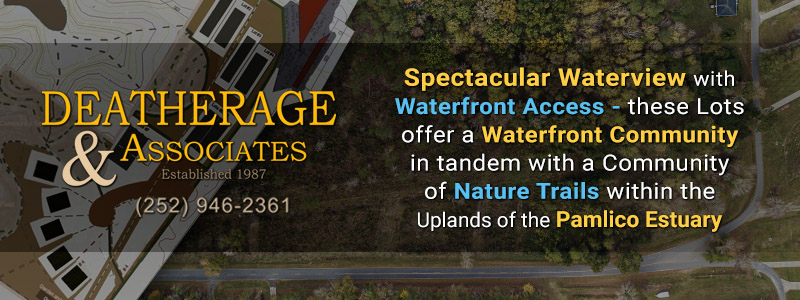Publisher's Note: This post appears here courtesy of the Carolina Journal. The author of this post is David Larson.
The University of Notre Dame Law School's Religious Liberty Clinic, along with the Jewish Coalition for Religious Liberty and the Islam and Religious Liberty Action Team of the Religious Freedom Institute, filed an amicus brief in support of Charter Day School in Brunswick County, North Carolina - a case which could be taken up by the U.S. Supreme Court.
The case, Charter Day School v. Peltier, involves an N.C. charter school that was sued by the parent of a student over the school's policy requiring skirts as part of the school uniform. The 4th Circuit Court of Appeals ruled that the charter school is a
"state actor" and that this type of dress code was not enforceable by a state actor.
Carolina Journal spoke with John Meiser, the supervising attorney for Notre Dame's clinic, which is part of their law school, about their decision to weigh in on the case. The clinic enables law students to work on cases advancing the free exercise of religion in the United States.
Meiser said that their desire to see the 4th Circuit's opinion overruled does not have anything to do specifically with a right to impose a dress code or even to the arguments made about equal protection that the case was largely argued on. The clinic's interest in the case is on whether the charter school is deemed a
"state actor" or not.
Meiser and the Notre Dame Religious Liberty Clinic believe that if organizations like charter schools are deemed state actors, that could also lead to a whole host of other private entities that use public funds, including religious entities, to be declared private actors. This, they fear, would likely hamper those organizations ability to operate according to their faith.
"The point of our brief is to say, whether a private group is determined to be a state actor or is correctly recognized as a private group matters a lot for individual freedom and the ability of private groups to participate in state programs according to their religious commitments," Meiser said.
Religious groups operate across the country with grants provided by governments, and they traditionally have not been looked at as state actors. Meiser pointed out, though, it's not only to the benefit of religious organizations to keep this line between state actors and private actors clear.
"This is not just for religious groups," Meiser said.
"There are private social service groups of all kinds that have a strong interest in this case, because for instance if they were deemed state actors they could be exposed to lawsuits like this one and potentially greater liability for supposedly violating the Constitution."
He said as a religious liberty clinic, they are particularly focused on protecting the religious organizations and worries those groups would be forced to provide their services in a religiously neutral way, denying the very purpose that those organizations were created for.
"If a private religious organization were deemed to be part of the government, essentially, then that really exposes it to the threat of lawsuits based on violating the establishment clause, when they're told, 'Oh, if you're going to run a soup kitchen or an emergency homeless shelter or a clinic or a hospital, then you have to do it in a way that's religiously neutral,'" Meiser said.
The Supreme Court has not yet said whether they will take up the case. If they do, the conservative majority would be likely to overrule the lower court's decision if they agree a risk to constitutional religious liberty is inherent in the earlier ruling.
The John Locke Foundation also filed an amicus brief on the matter and also focused their concern on the matter of whether charter schools are state actors.
"Treating every organization offering services to the public as a state actor ignores the complexity of charter school law and creates a dangerous precedent for other public entities," JLF's brief said.
"Because charter schools operate independently, they are not state actors."
The Notre Dame Religious Liberty Clinic's amicus brief and the JLF brief are both below.
20221014155434261_22_238_final_peltier_jcrl_amicus_10.14.22_file
20221014110319171_22-238-Amicus-Brief-John-Locke-Foundation-Final

























